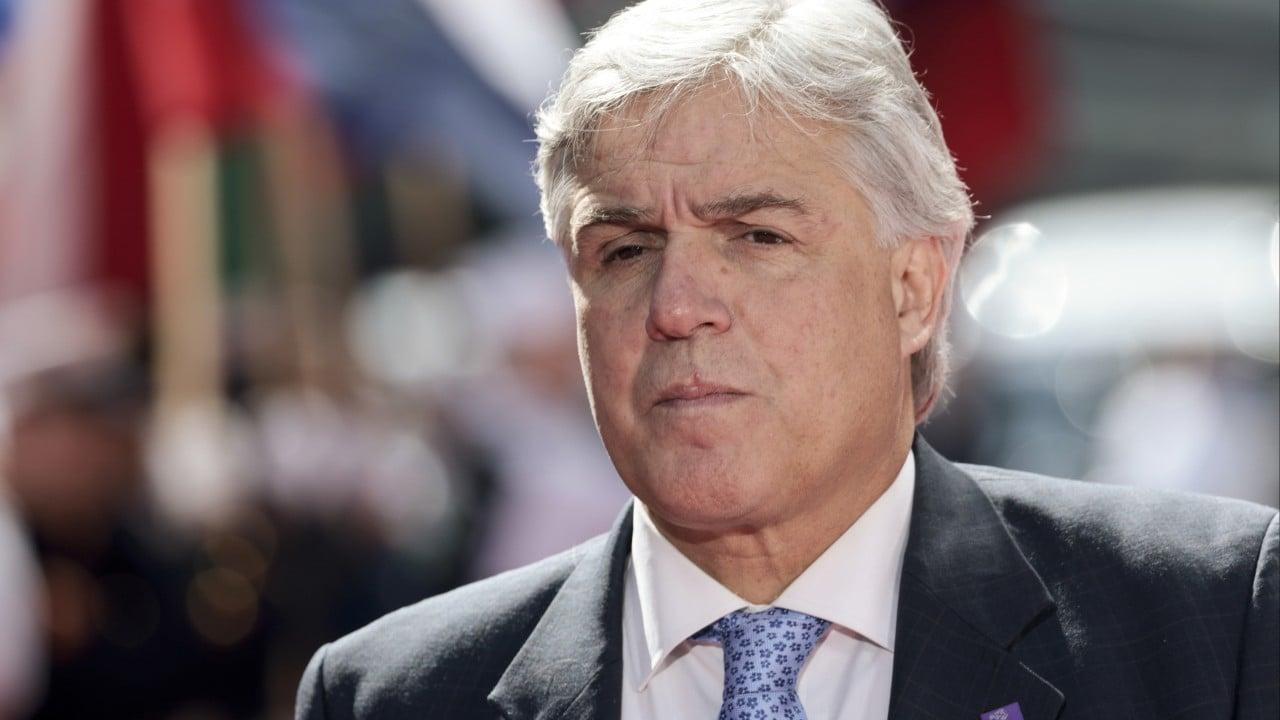
Lula, a third-time president, has promised to strengthen Mercosur as part of efforts to restore Brazil’s global leadership role, and earlier said a free-trade agreement with China might modernise and open up the South American trade bloc to other regions.
Xu Shicheng, a researcher at the Chinese Academy of Social Sciences’ Institute of Latin American Studies, said Bustillo would use his trip to try to speed up negotiations for a Uruguay-China FTA. Formal talks on the deal started last year, after a consensus was reached in 2016 between Chinese President Xi Jinping and his then Uruguayan counterpart, Tabaré Vázquez.
Mercosur prohibits member states from making trade deals with other countries without its consent. Moreover, Paraguay still recognises Taiwan’s sovereignty, which is a hurdle to consolidating an FTA between Beijing and Mercosur.
Karin Costa Vazquez, executive director of the Centre for African, Latin American and Caribbean Studies at O.P. Jindal Global University in India, said the lack of formal diplomatic ties between Paraguay and Beijing would prevent a Mercosur FTA.
Also, the signing of FTAs between individual Mercosur members and Beijing could harm the bloc, including Brazil, according to Vazquez.
“With a less developed industry, Uruguay and Argentina could benefit from a bilateral FTA with China,” she said.
“[But] it could also harm Brazil. Mercosur countries have been the main destination for manufactured goods produced by the Brazilian industry. But the country’s market share has been declining … The signature of FTAs between individual Mercosur members and China could further accelerate this process.”
Lula has urged Uruguay not to sign a separate FTA with Beijing, saying it would undermine the Mercosur customs union.
“We want to sit down as Mercosur and discuss with our Chinese friends the Mercosur-China agreement,” Reuters reported Lula as saying during a visit to Uruguay in January, shortly after being elected president for the third time.
Xu said while progress on the Uruguay free-trade deal was still constrained by the Mercosur mechanism, the country would want to serve as a gateway for the bloc to eventually sign an FTA with China.
“China supports the integration of Mercosur countries … and it’s willing to develop trade deals with not just Uruguay,” Xu said. “But a free-trade deal between China and another country is based on their independent choices.”
Presidents Luiz Inácio Lula da Silva and Xi Jinping with their spouses in Beijing. Photo: Via Reuters
Niu Haibin, director of the Institute for Foreign Policy Studies at the Shanghai Institutes for International Studies, said Uruguay showed a stronger will to push forward its own negotiations, after Brazil did not appear to have discussed a possible Mercosur-China trade deal during Lula’s visit.
China and Uruguay have already completed feasibility studies on their own trade deal, but have to figure out how to deal with pressure from Mercosur, according to Niu, who specialises in Latin American studies.
“China may also take into consideration Brazil’s leadership role in Mercosur,” he said, as the two nations further upgraded their ties during Lula’s visit.
“I think China and Uruguay can do more at least in trade facilitation, agricultural exports and bilateral investments.”
President Luis Lacalle Pou, who took office in 2020, has consistently complained about Mercosur’s protectionism and pushed for greater economic independence for Uruguay.
Under his watch, Montevideo and Beijing last July announced the completion of joint feasibility studies for an FTA, while urging close communication to improve bilateral trade and economic cooperation.
China is Uruguay’s No 1 trading partner, and the largest buyer of its beef, soybean and wool. Two-way trade last year grew 14.9 per cent to hit US$7.44 billion, according to data from China’s customs. Of this, imports from Uruguay totalled US$4.46 billion – an annual increase of 23 per cent.


